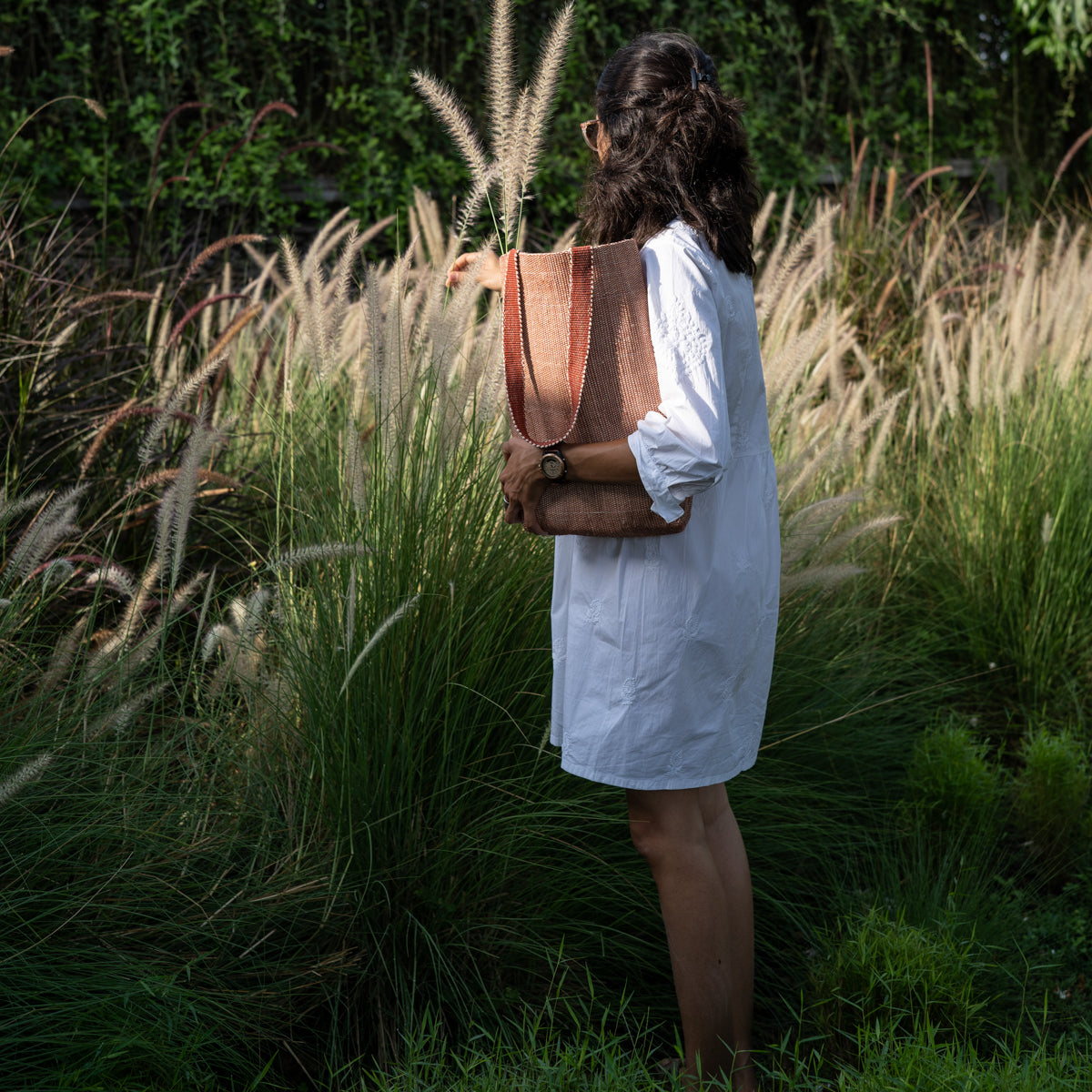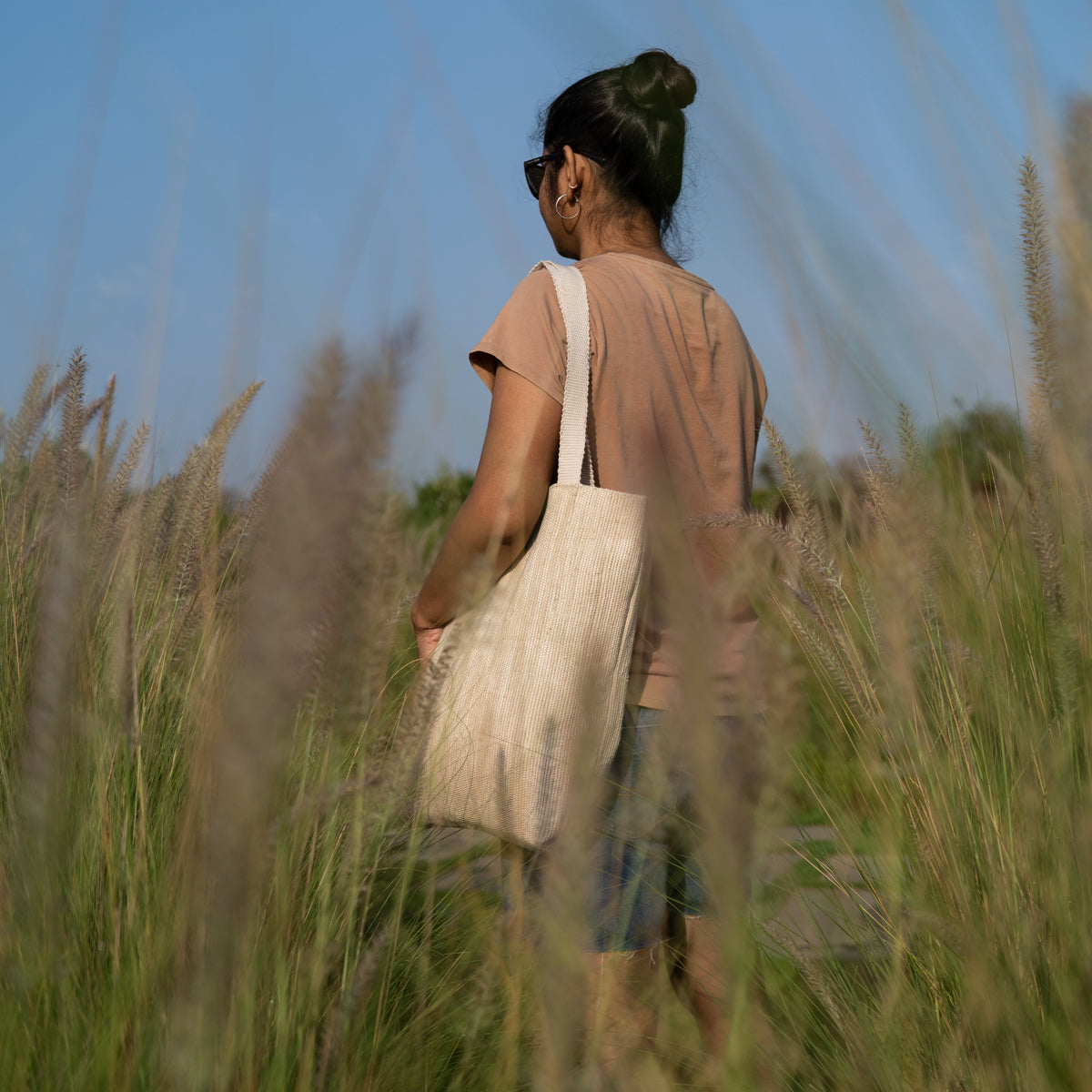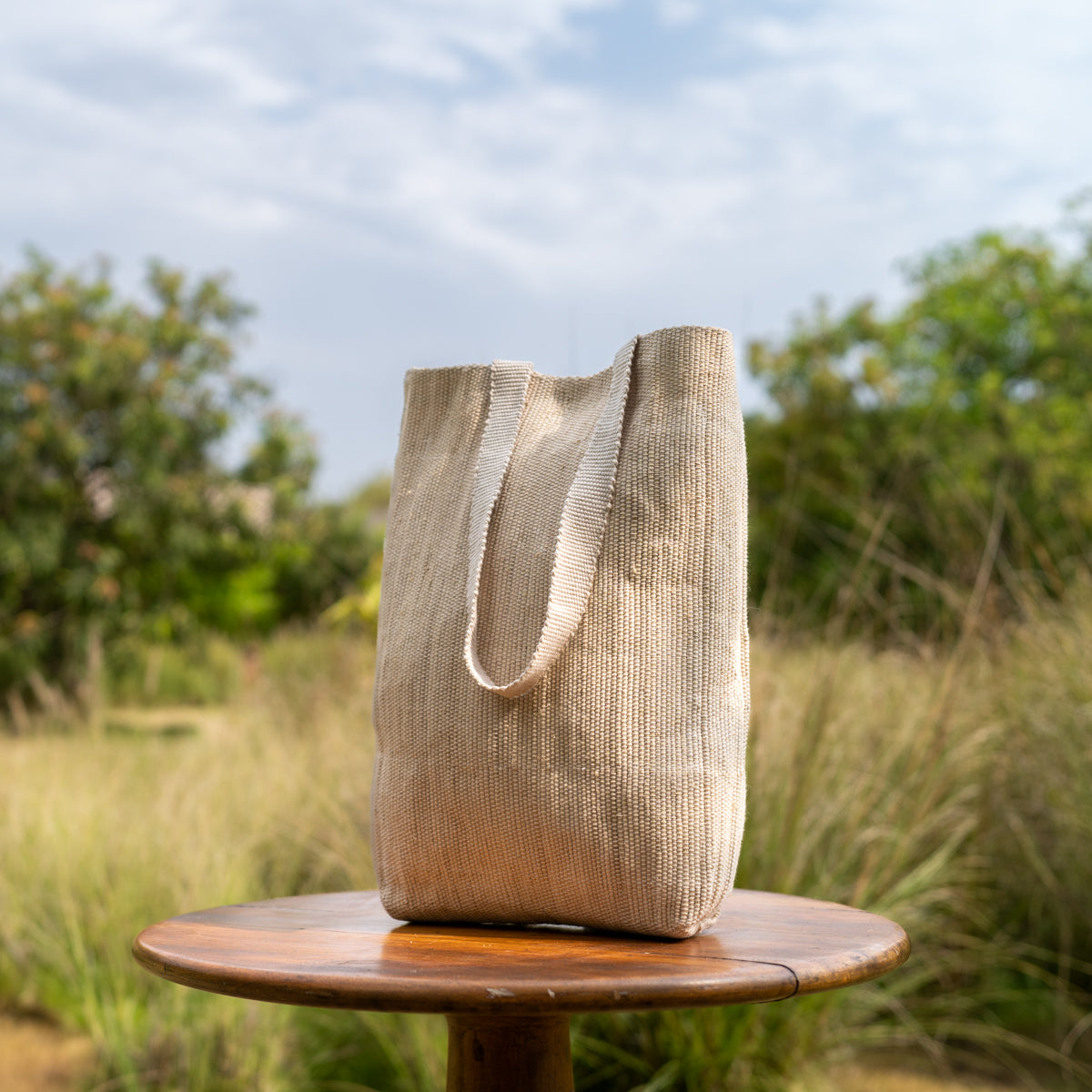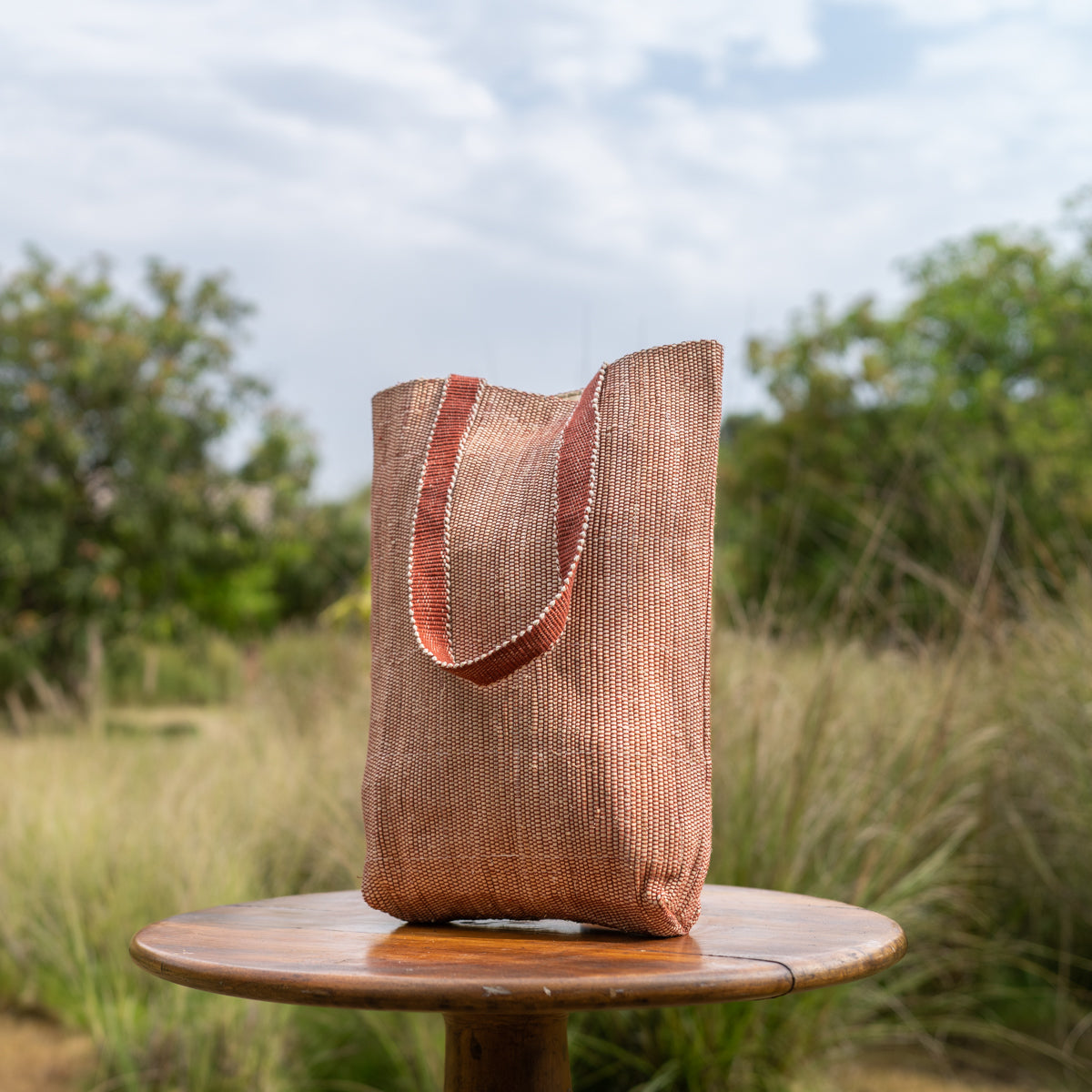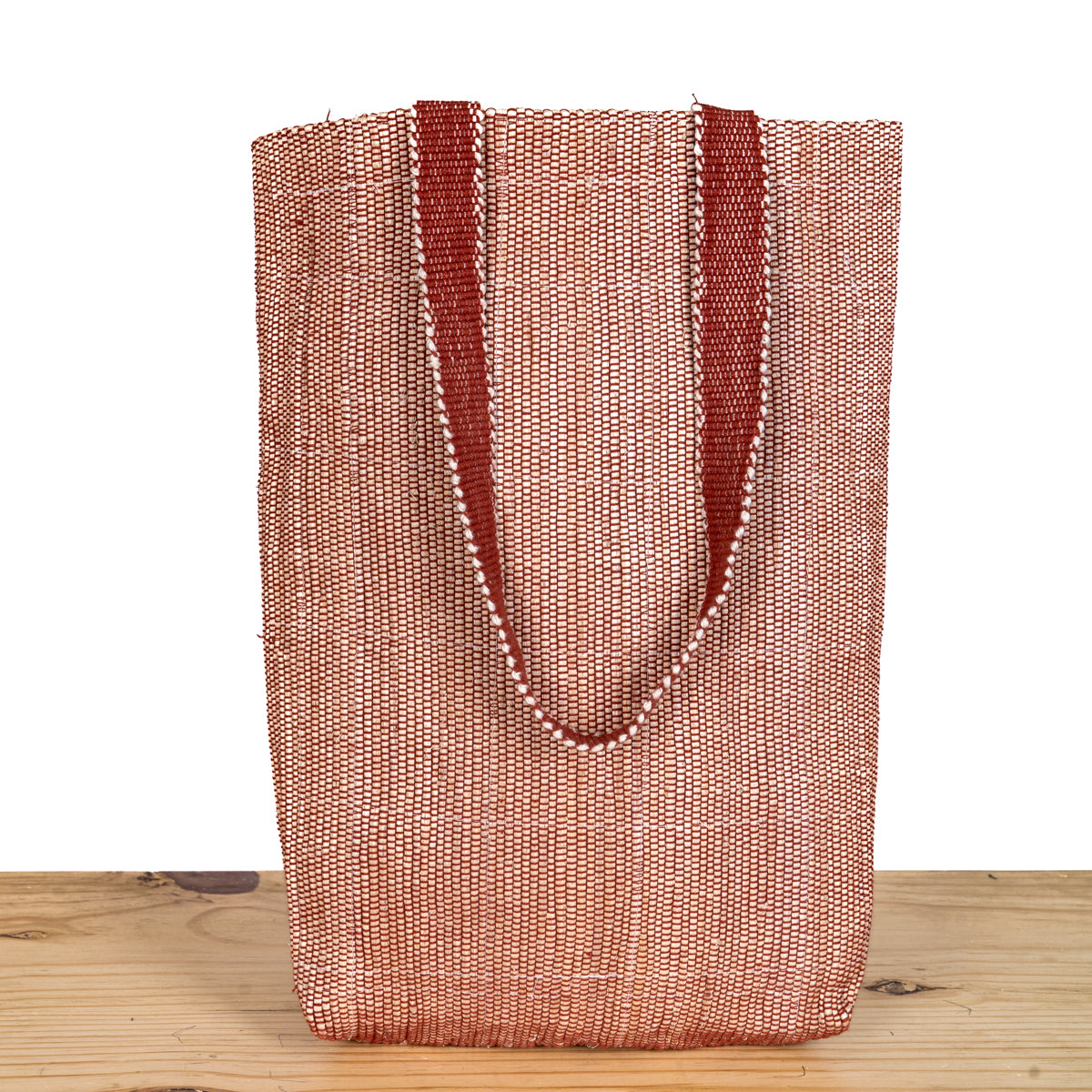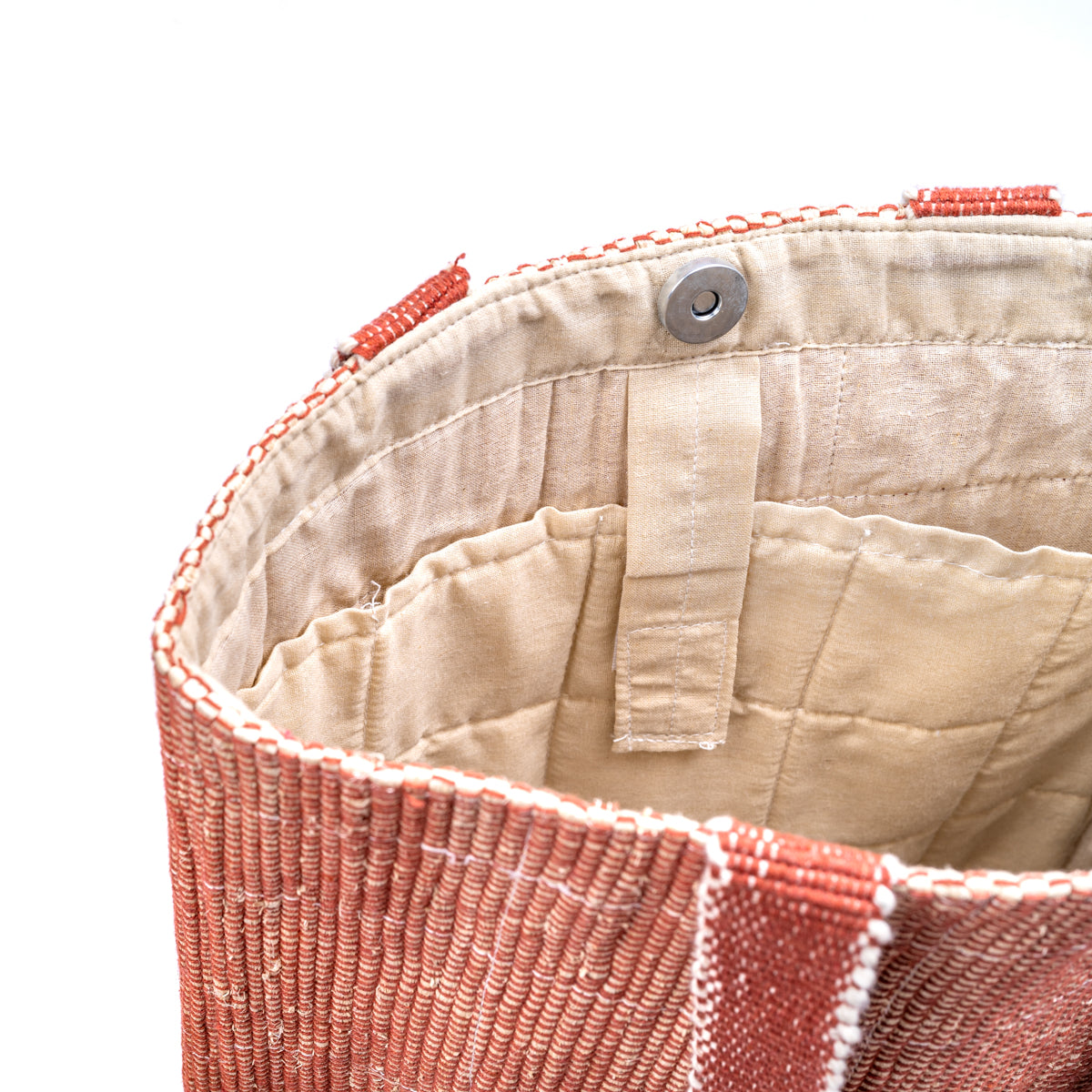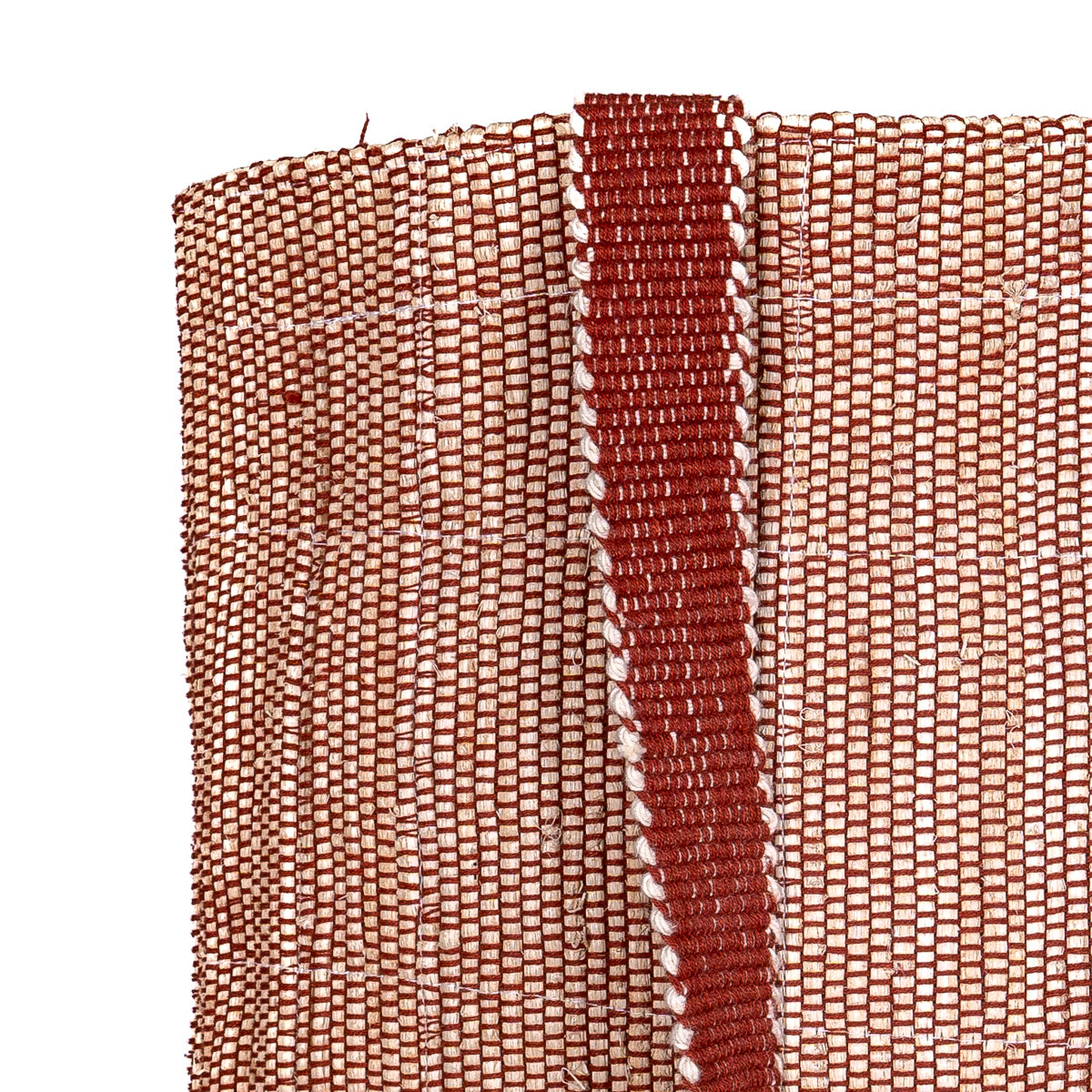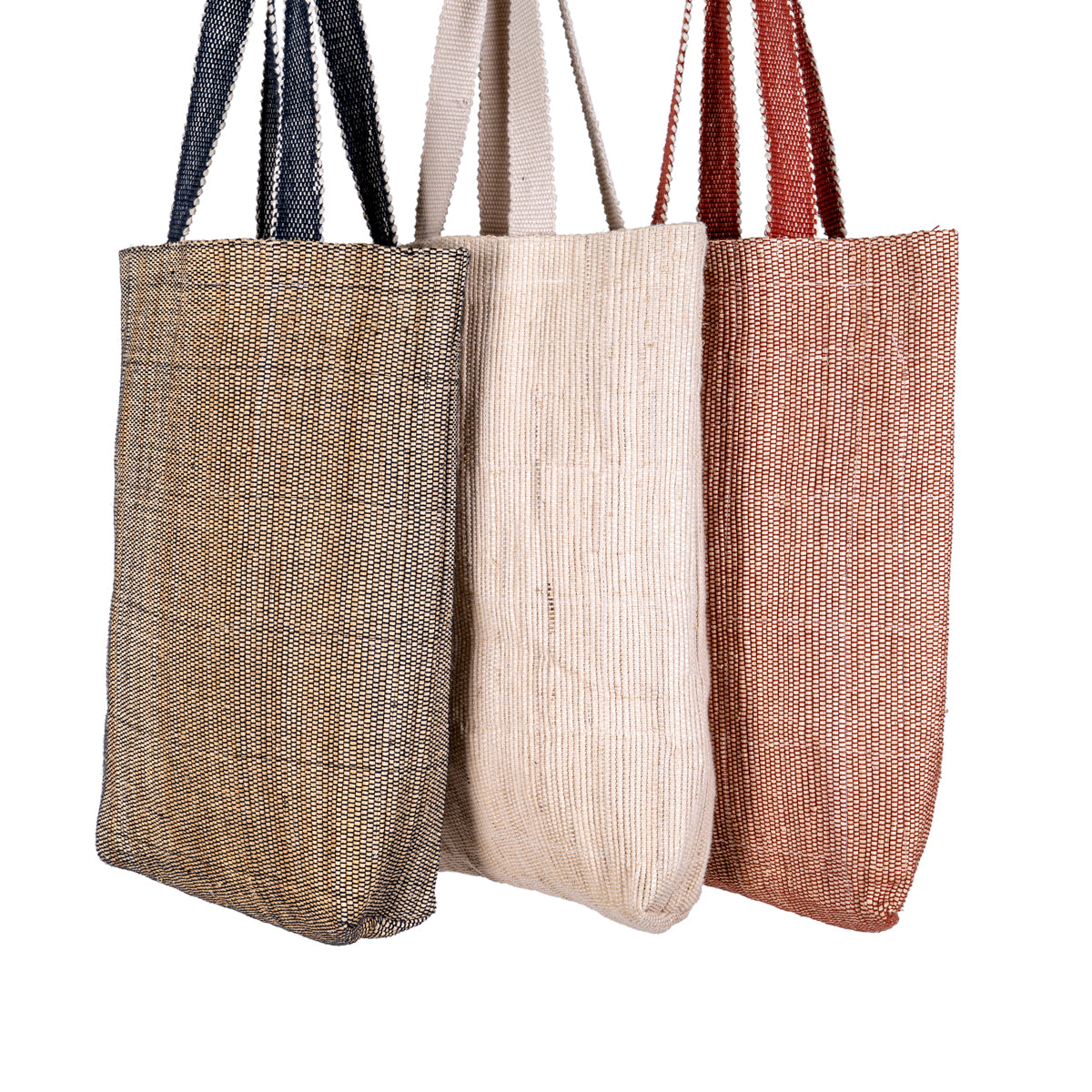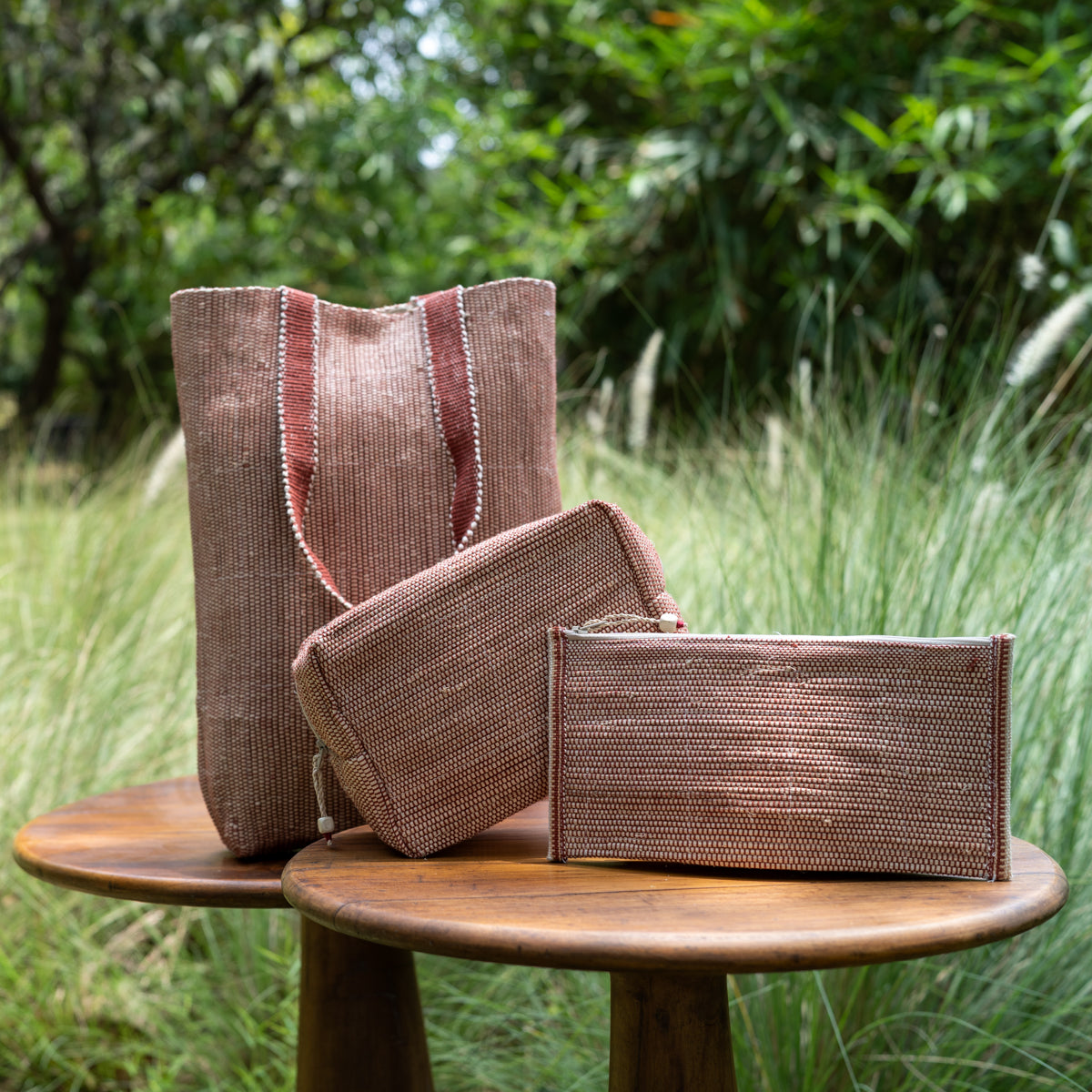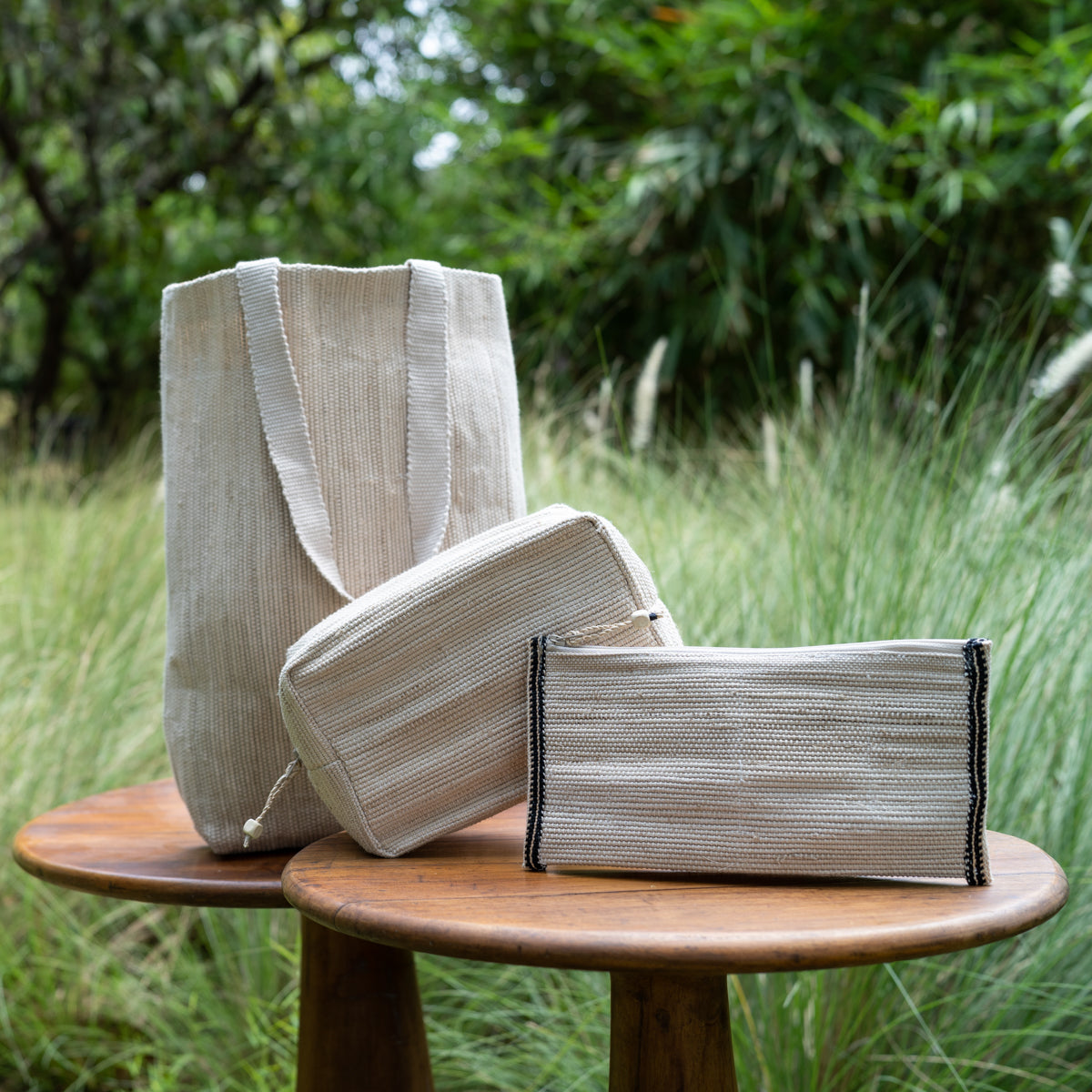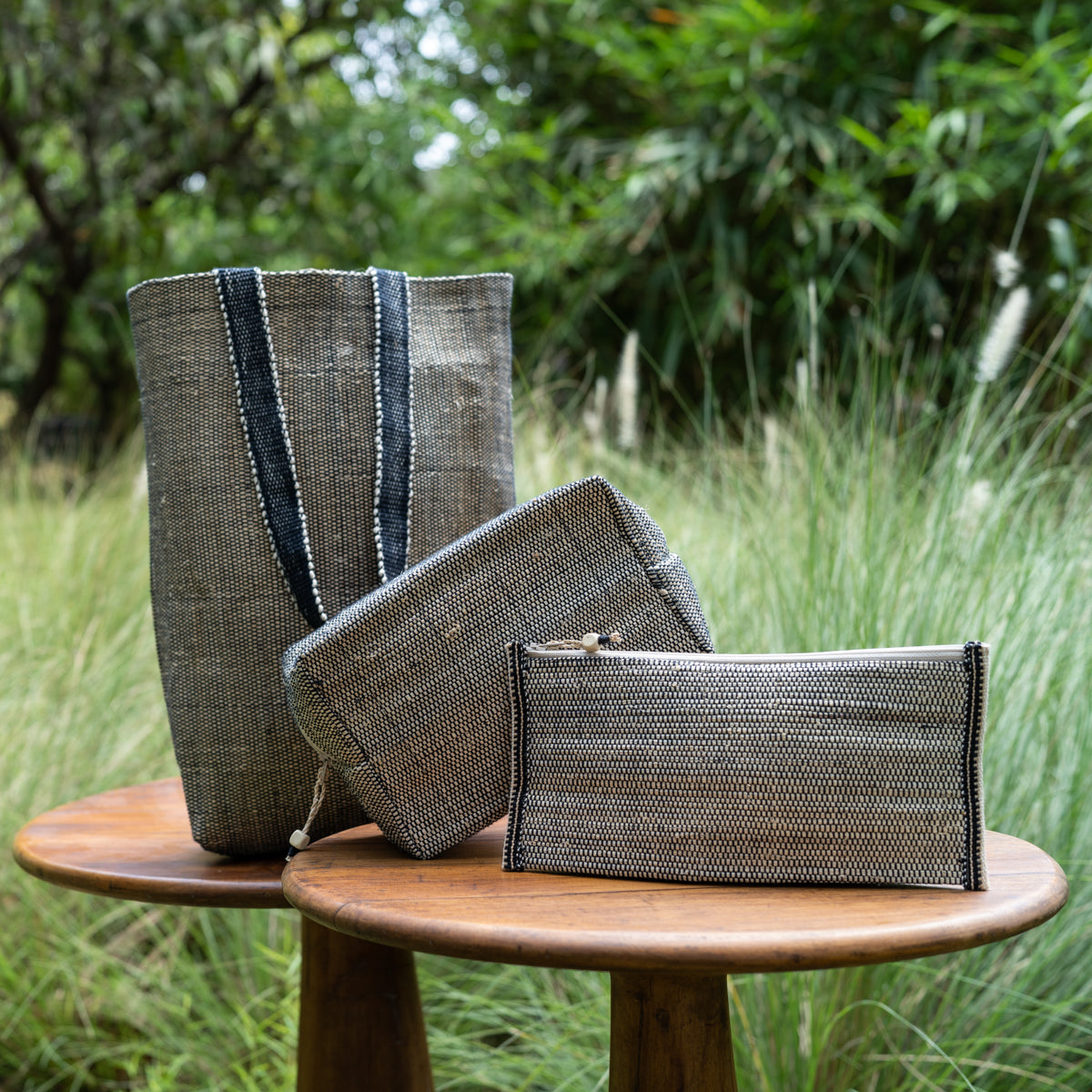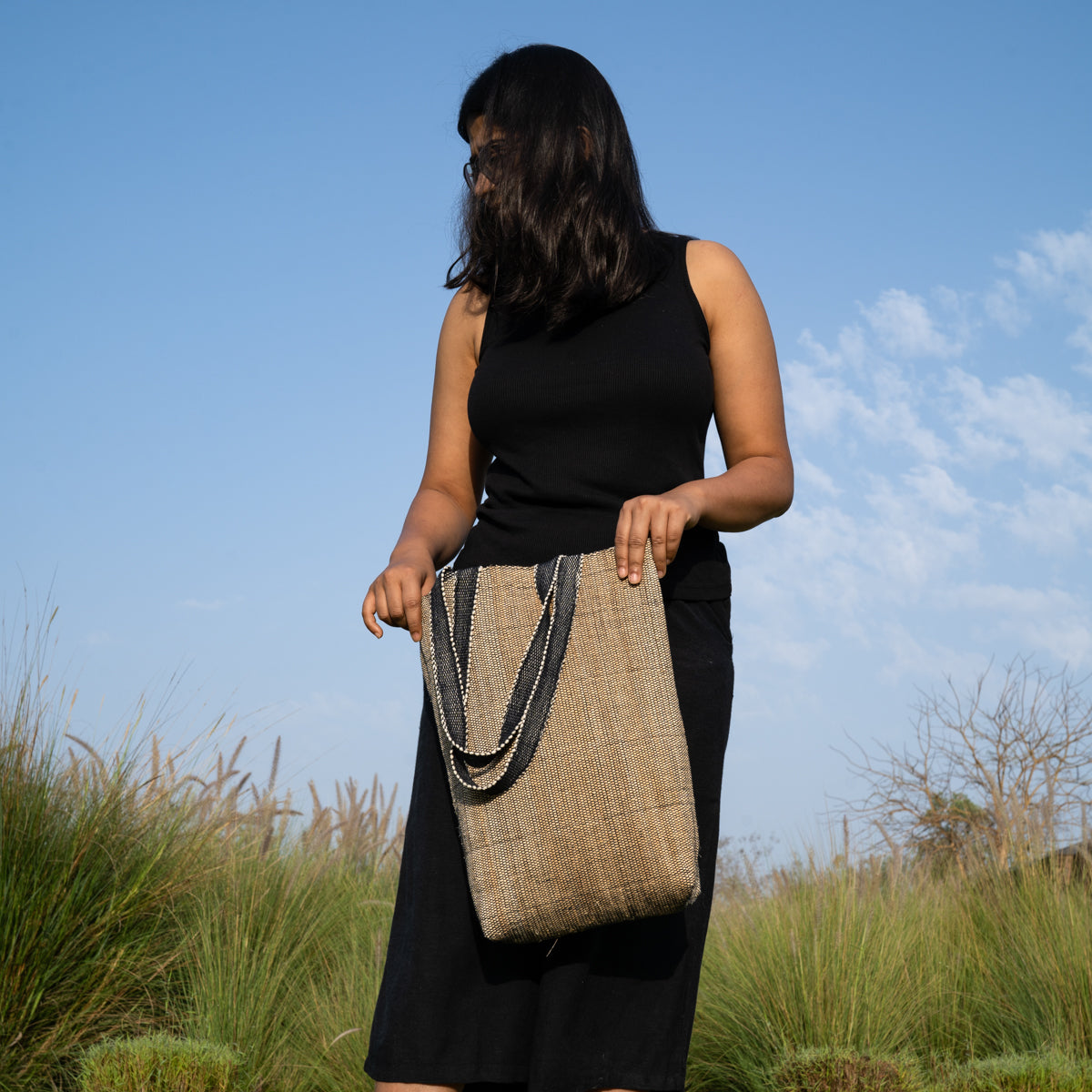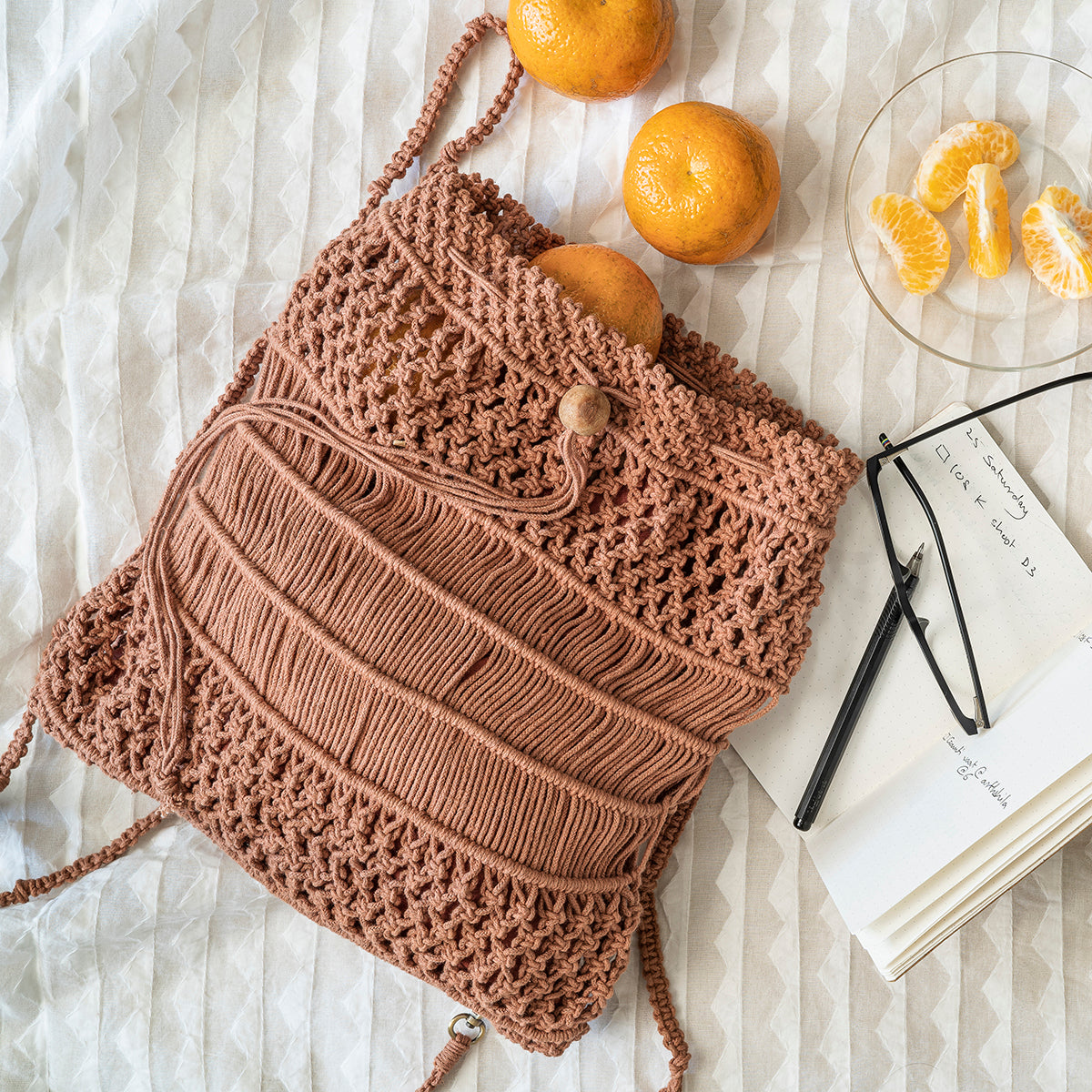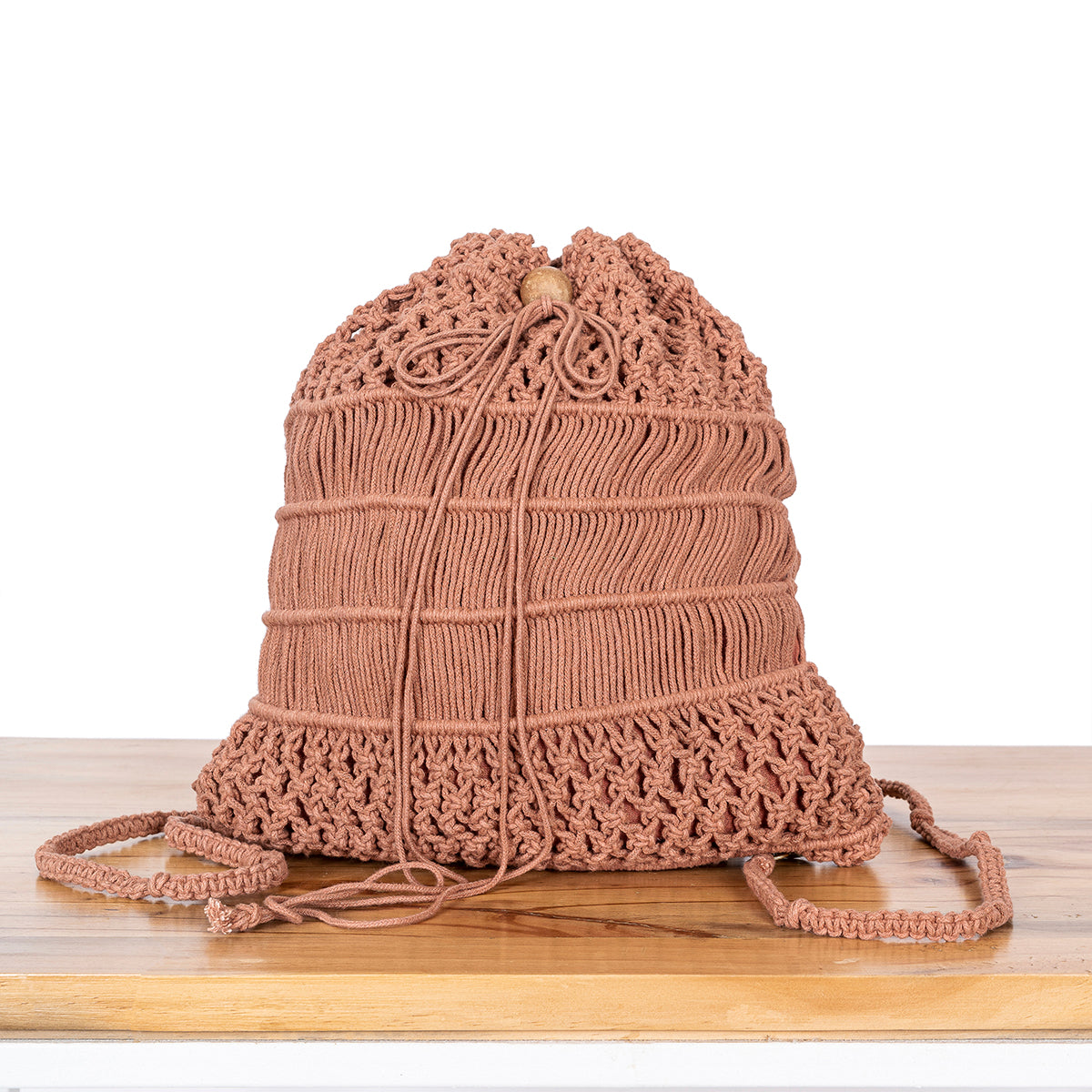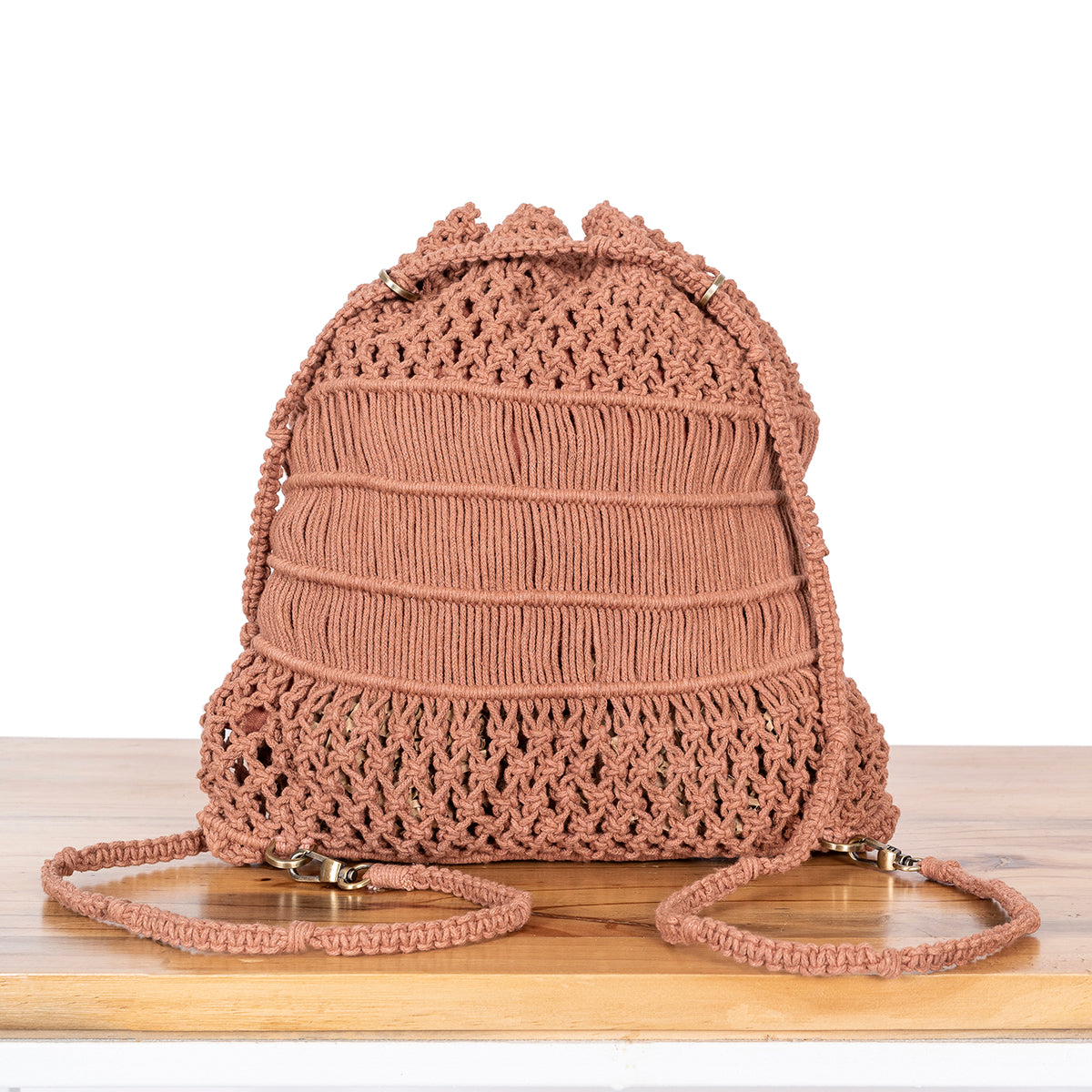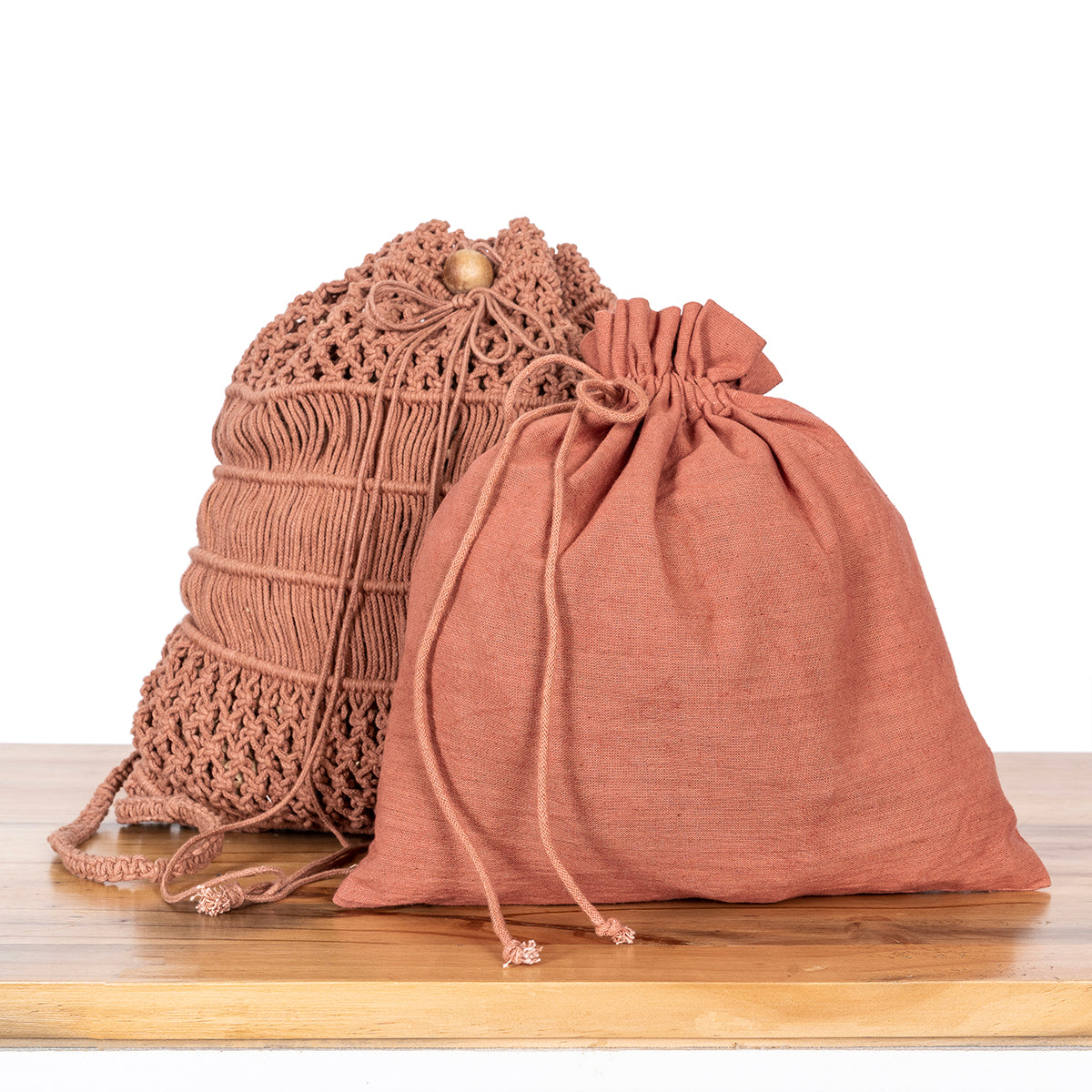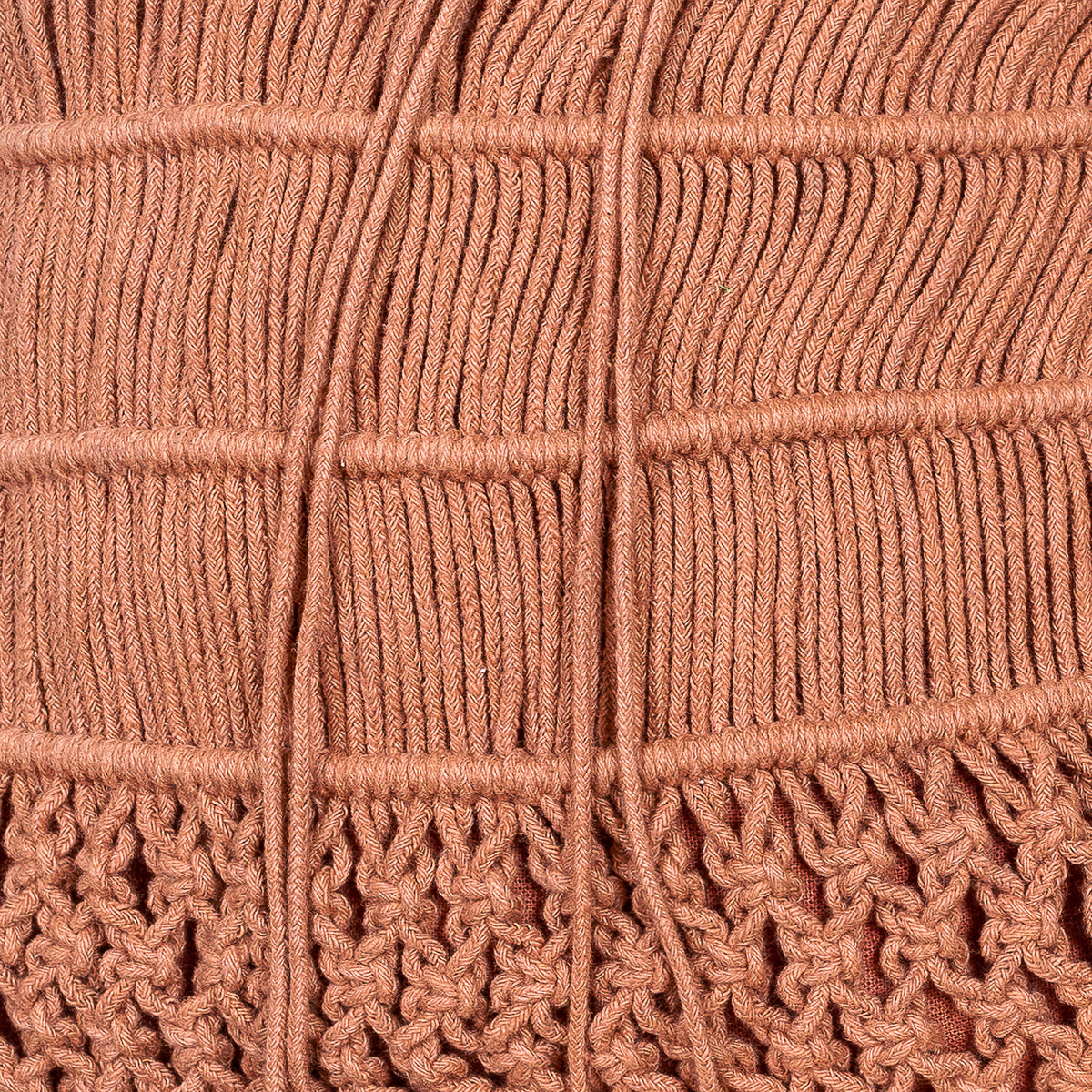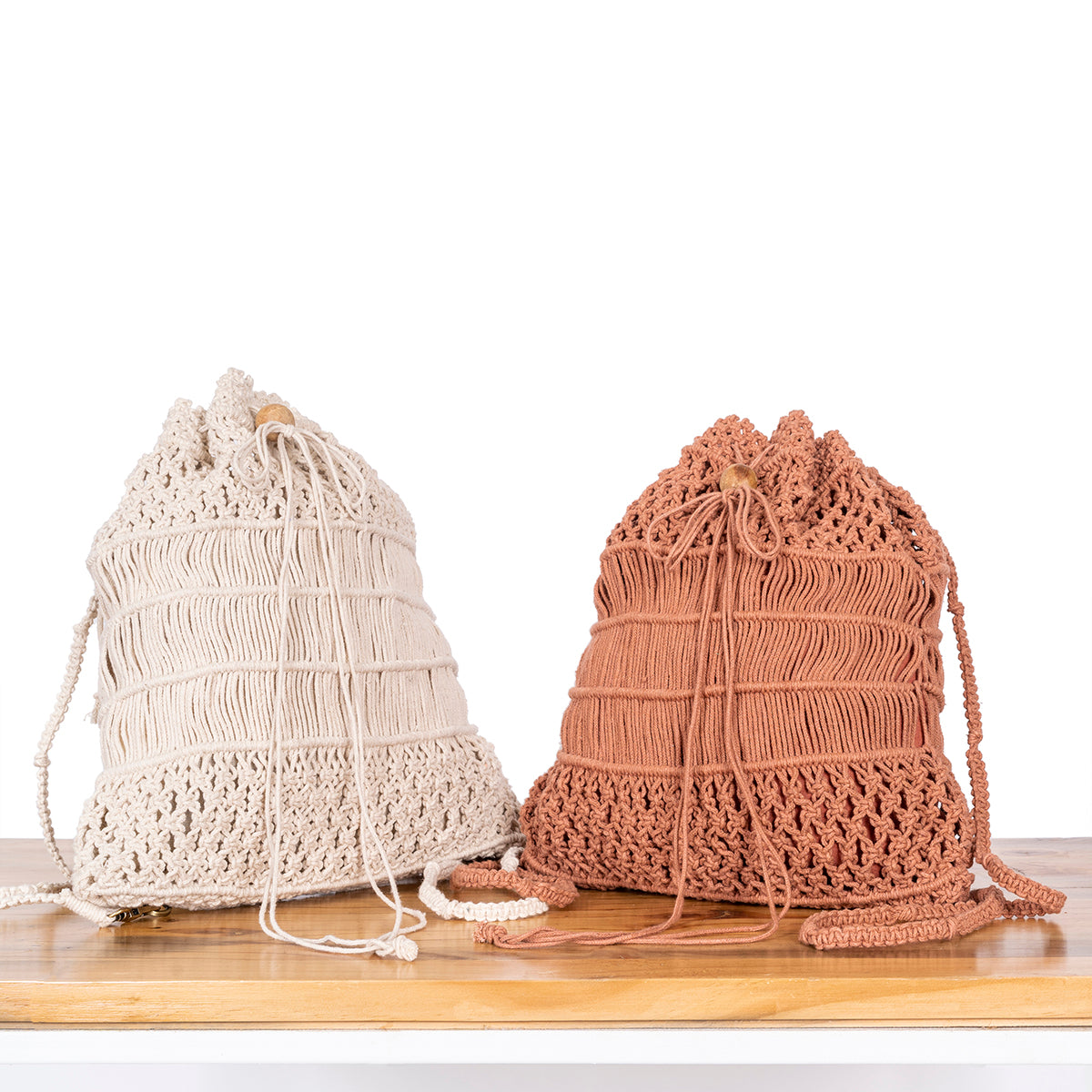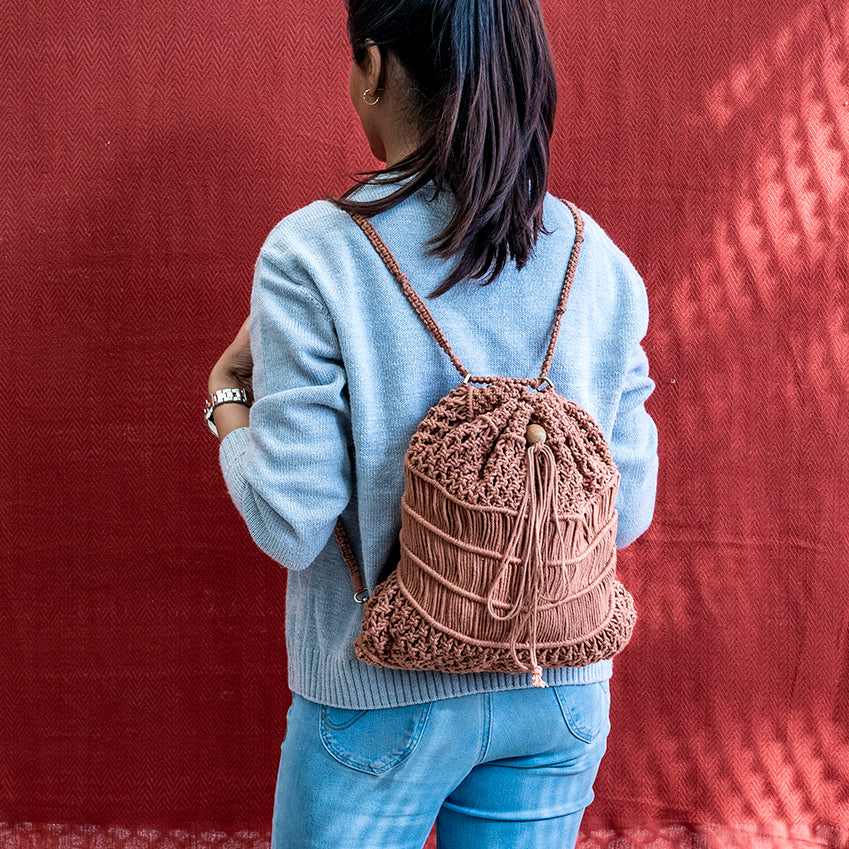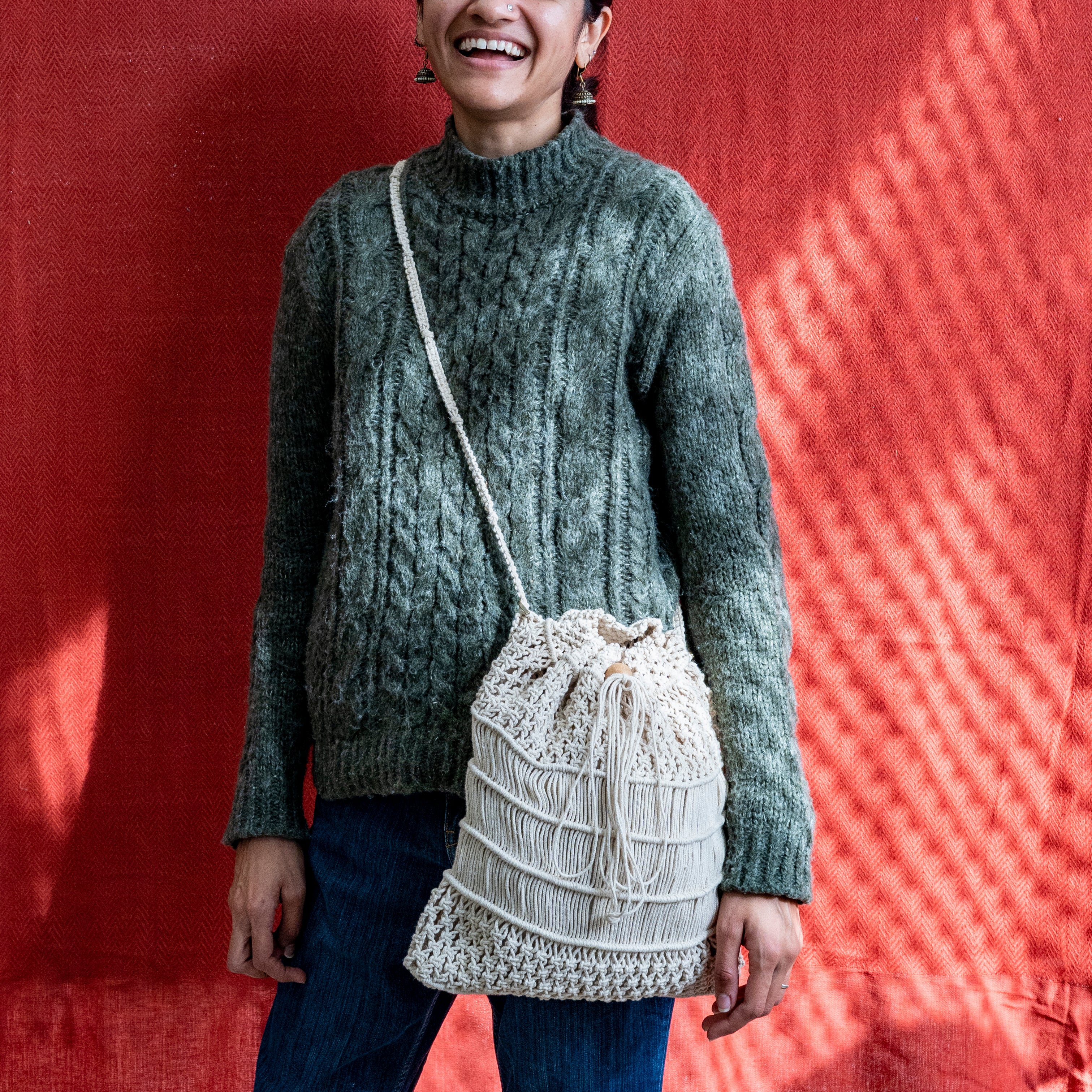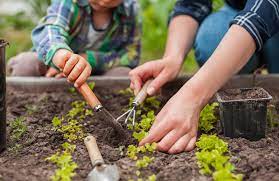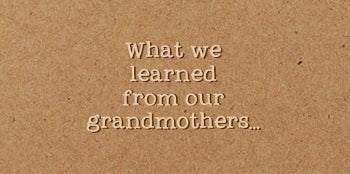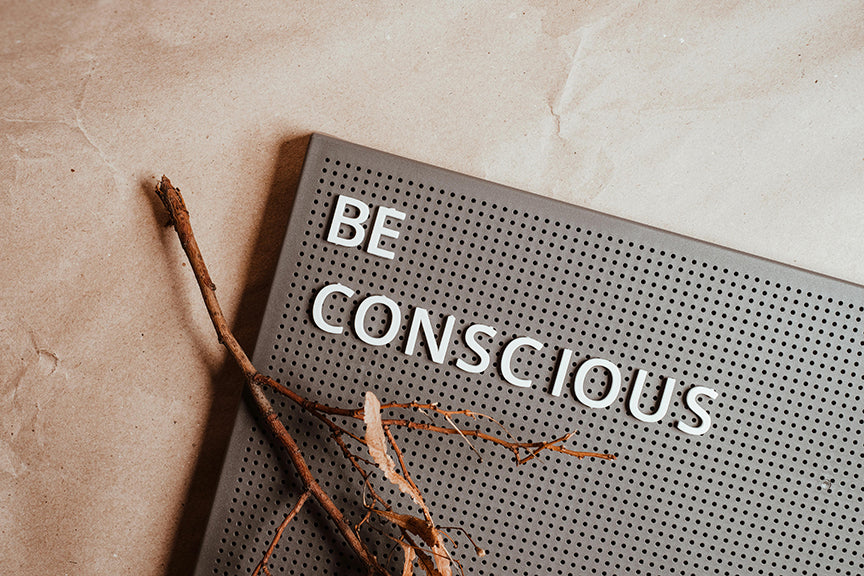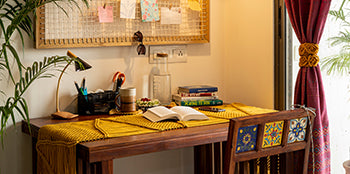5 small steps to doing our bit
5 easy changes for a more conscious lifestyle
Try these tips for more conscious consumption
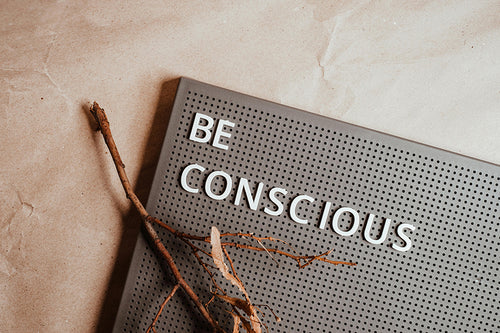
The key to a greener planet lies in all of us doing our bit and realizing the importance of small habits. To build a sustainable lifestyle the smallest of changes can make a big difference, such as shopping responsibly and mending when possible. In our previous blog ‘Sustainable, but how?’ we covered the many different ways your favourite brands may or may not be following sustainable practices, this time around we look at some simple ways we as individuals can build a more sustainable lifestyle and help the planet. Starting with small habits
Turn the tap off, take shorter showers and repair leaky plumbing. Switch off lights and fans when leaving a room.
Here are some tiny tips and resources that can help if you’re looking to make more conscious lifestyle changes, together we can help heal the planet and contribute to a more sustainable future.
- Bring your own bag
- Ditch the disposables
- Shop responsibly
- Read Labels
- Mend
1. Bring your own bag
We often don't think twice about paying a small amount for single-use carry bags at the grocery store, every plastic carry bag purchased will eventually end up in a landfill or in the ocean. Carry one from our wide range of totes and bags as your perfect shopping companion.
Our Tote bags are big enough for all your groceries and will definitely up your fashion game.
2. Ditch the disposables
There are so many little things in our lives that we don't even realize are disposable like handkerchiefs are better than tissues in most situations and reusable straws are always better. If you're a chai lover or a coffee connoisseur, it's always a great idea to get your beverage in your own cup instead of a disposable one. Check out these stores that carry great eco-friendly alternatives.

Photo: Polina Tankilevitch for Pexels.com

Photo: Micheile Henderson for Unsplash.com
Bamboo products are a great alternative to plastic ones like toothbrushes, combs even straws, and are 100% biodegradable.
Some of our favourite online marketplaces that stock zero waste essentials are Brown Living and Bare Necessities
3. Shop responsibly
The best way to help the environment is to curb overconsumption and the first place to start is our own wardrobe. Begin with a purge, donate clothes/accessories that need to go. Steer clear of brands that are known to follow unethical practices in their supply chain. Look for brands that engage with maker communities and make seasonless collections rather than the hot new trend. Instead, look for pieces that will last you for a long time and can be worn with other things already in your wardrobe. When possible try to shop secondhand, with all the new thrift stores it is easier than ever.

Photo: Roman Kraft for Unsplash.com

Photo: Lucas Hoang for Unsplash.com
4. Read Labels
Always read the labels. From appliances to clothes to furniture to even groceries, everything with a label will tell you more about the product you’re buying. Labels on clothing can tell you about composition and place of manufacture. Labels on cosmetics can lead you to learn more about good and bad chemicals. Appliances have labels that explain the energy consumption of a product. Reading the labels and doing a little research helps us, as consumers, make better choices.

Tips on what to look for on a tag:
For example in clothing, everyday wear that needs dry cleaning is difficult to maintain. Fabric composition that reads 'poly'- anything will release microplastics into the water when washed and will irritate the skin. In skincare products with 'fragrances' are generally a bad idea since they contain the most irritants.
5. Mend

Mending can seem daunting at first especially if you’re new to a needle and thread. However, it does get more fun once you start to play with colour and shapes. We like to think of mending as hiding little treasures in our belongings and marking them as truly ours.
Some of our favourite and inspirational pages actively mending and upcycling products are
projecthandstitch | thefarwoods | studiophir | beyniboi
Collingwood-Norris Mending | Katrina Rodabaugh
For more big and small lifestyle changes that can help heal the planet, follow these Instagram handles that have been inspiring us as well.


